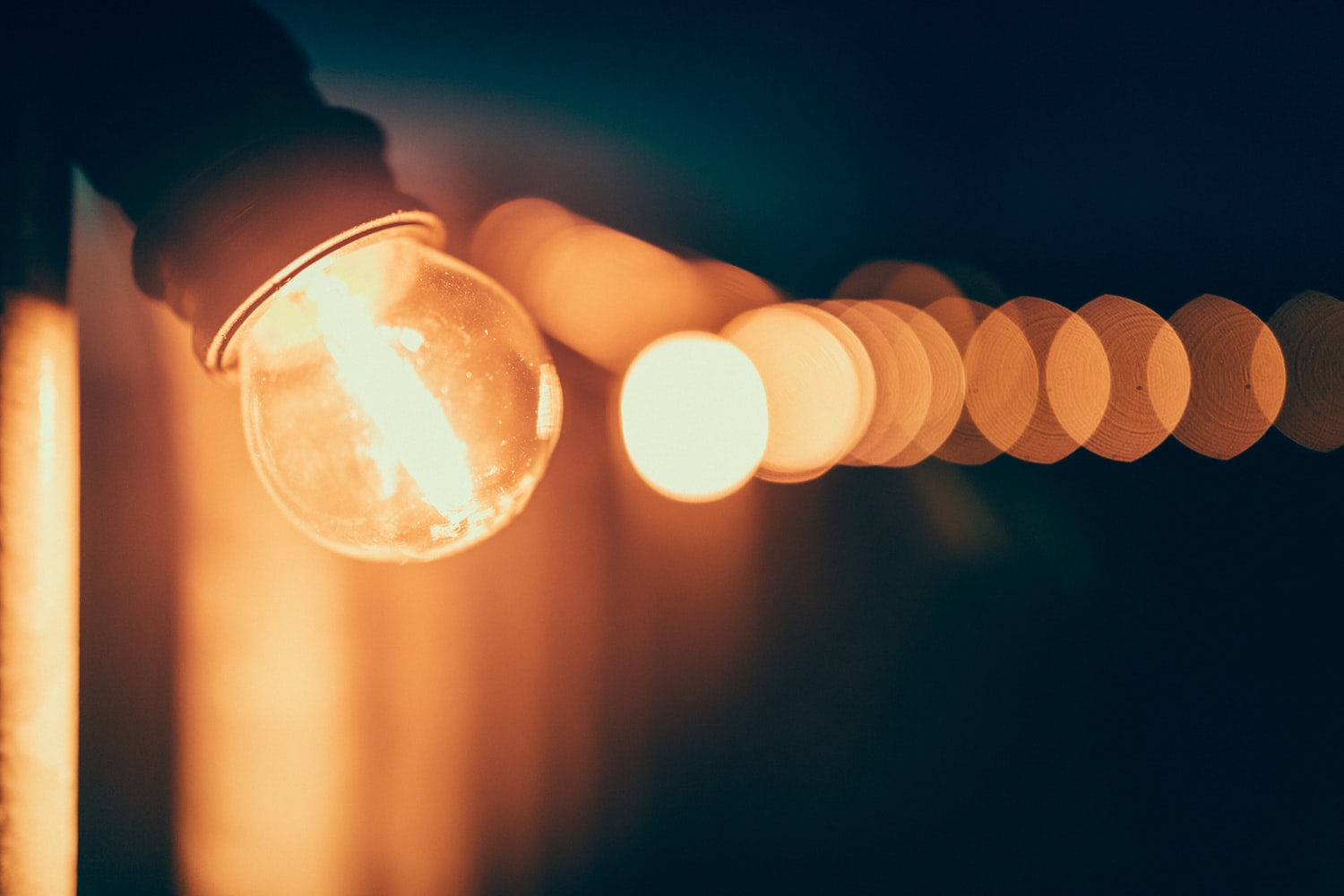
Best Energy-Saving Light Bulbs
We all know that energy efficiency is essential to reduce our carbon footprint and save money but finding the best energy-saving light bulbs can be challenging. We'll walk you through how to find the best light bulbs by looking at their efficacy, lifespan, price point, and lumens lighting.
Best Energy-Saving Light Bulbs
It's no secret that energy efficiency is essential to reducing our carbon footprint and saving money- but it can be difficult for some people to find the best energy-saving light bulbs.
So how are you supposed to know what ones will work for you with so many options out there? We'll walk you through how to find the best light bulbs by looking at their efficacy, lifespan, and price point.
First things first: Figuring out what you need.
Once upon a time, light bulbs were either incandescent or they were fluorescent. It was that simple. Nowadays, there are so many options for different kinds of energy-saving light bulbs!
But don't worry, we'll help you sort it all out. First, let's figure out what your specific needs are.
What are the Best Energy-Saving Light Bulbs?
We'll talk more about how to quantify the efficacy of a bulb shortly, but for now, know that a light bulb is energy-efficient if it saves you money and reduces your carbon footprint.
So while incandescent light bulbs are off the table (for most people!), compact fluorescent (CFL) and LED light bulbs fall into the energy-efficient category.
Compact Fluorescent Lamp (CFL)
CFL lighting is an extension of fluorescent technology that gives off a more natural-looking light, and it uses about 75% less energy than incandescent bulbs do. But, unfortunately, they're still reasonably expensive upfront (although there are cheaper options out there).
One thing that's important to keep in mind is the length of time you'll have to use it before you see the energy savings. In other words, if you buy a CFL bulb for $8, but it only lasts a year before dying, then that's not very cost-effective! So instead, you're better off investing in an LED light bulb or just sticking with incandescents until newer, cheaper options come around.
Characteristics of Compact Fluorescent Lamp (CFL)
Compact Fluorescent Light (CFL) bulbs are more energy-efficient and last longer than incandescent light bulbs. But they do come with a few trade-offs. They're larger than other kinds of light bulbs, they don't produce the same color temperature, and there's a small amount of mercury inside that can be dangerous to your health if it's broken.
LED (Light-Emitting Diode) Lights
LED lights are quickly becoming the most popular type of light bulb, and there are plenty of reasons why. First, they're more efficient than other types of lighting by at least 80%, which translates into a considerable price difference for you.
Additionally, LED lights to last longer than other types of lighting tend to come with a warranty, and there's almost zero chance of them breaking! So what are some downsides? There is a slight delay between the time you click the switch and when it turns on (compared to the instant-on light bulbs we're all used to), and LED light bulbs can be more expensive than other options.
Characteristics of LED Light Bulbs
LED lights are quickly becoming the most popular type of light bulb, and there are plenty of reasons why. First, they're more efficient than other types of lighting by at least 80%, which translates into a considerable price difference for you.
They also last a lot longer than other types of light bulbs, with an estimated life span of 50,000 hours. That means you can get ten years or more of use out of LED lights!
